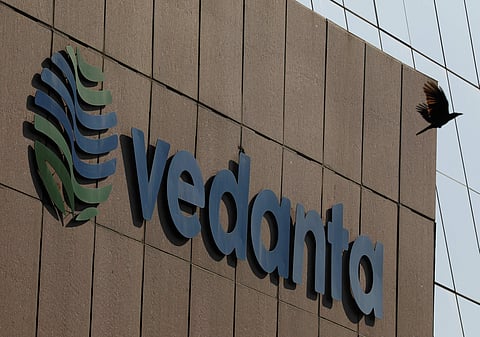

CHENNAI: The National Green Tribunal (NGT) has appointed former Punjab and Haryana High Court Chief Justice SJ Vazifdar as Chairman of the three-member independent committee to decide Vedanta Limited’s plea challenging closure of its Sterlite copper plant at Thoothukudi.
Two days after NGT Principal Bench, headed by AK Goel, announced the constitution of an independent body to conduct an impartial and fair consideration of the matter afresh, an official order was issued on Thursday appointing Justice Vazifdar. The green bench said the panel headed by the retired judge will also include representatives of the Central Pollution Control Board and Ministry of Environment and Forests. It may visit the site and consider technical data.
In the order, the bench said: “The committee may assume its working as far as possible within two weeks from today. It will be open to the committee to hear any interveners. The committee may, if necessary, visit the site and consider the technical data and take a decision as early as found viable preferably within six weeks after it assumes its working. The district administration may extend all co-operation, including security to the committee. The committee may hold sitting at Chennai in the complex of the NGT or at any other place, as may be decided by the Chairman.”
Before initiating proceedings, Tamil Nadu Pollution Control Board (TNPCB) is required to issue notices to all parties. The Registrar, Chennai Bench of NGT, will also ascertain and place such information on the website. The bench has asked TNPCB to provide all logistic support to the committee. Remuneration of the Chairman and Members of the Committee will be determined by the Tamil Nadu Chief Secretary.
Meanwhile, in a setback to Tamil Nadu government, NGT in its order observed that no sufficient material was furnished before it to show any serious violation of environmental norms. The bench also recorded Vedanta’s claim that though the copper smelter plant was permitted to operate by the Supreme Court, after levying `100 cr as compensation for the damage caused to the environment between 1997 and 2012, there was uncalled for public agitation against the functioning of the unit.
The TNPCB’s impugned decision is influenced by the agitation and not on account of violation of any norms by the unit. The bench also noted that it could not be ignored that the plant contributed substantially to copper production in India and had employed about 1,300 employees.
It may be recalled the State government had ordered the closure of the plant following violent protests against its functioning in May.